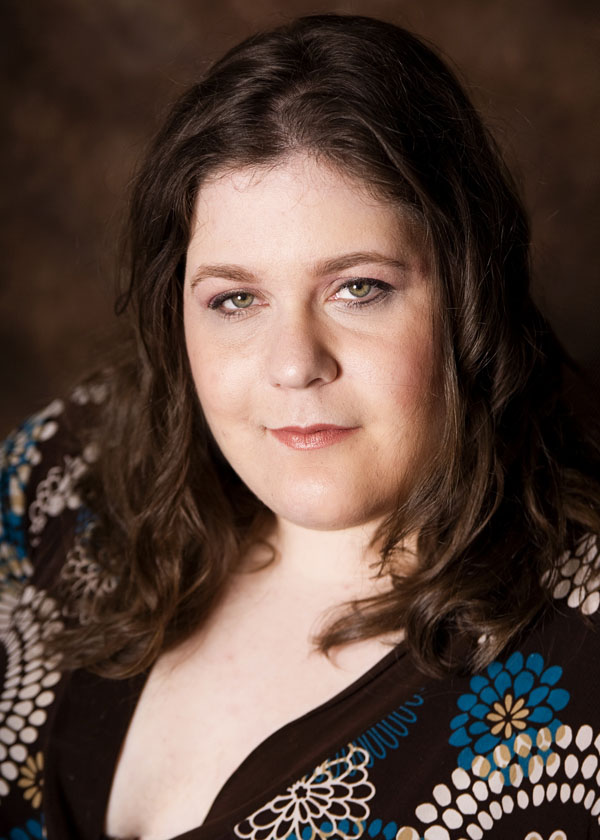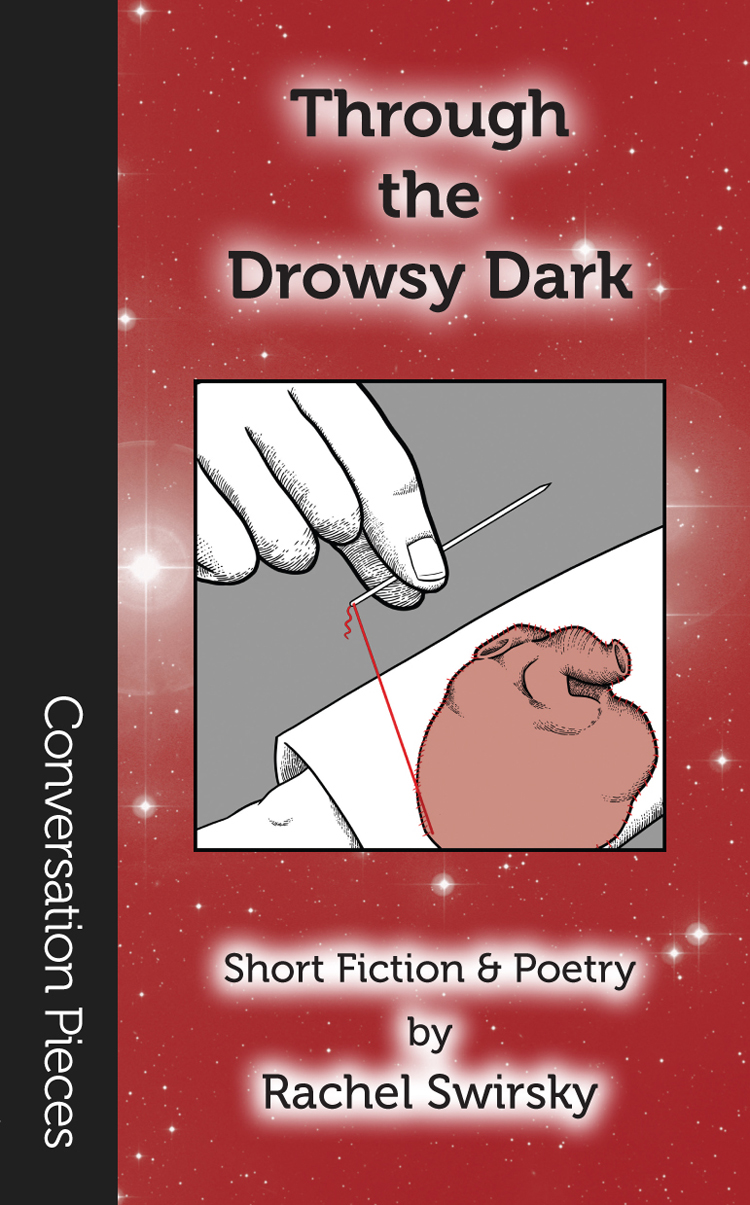
Rachel SwirskyWhen Rachel was three years old and new to reading, her parents gave her a picture book—Where Did I Come From by Peter Mayle and Arthur Robbins. She sat on a barstool at the counter, flipping through pages while her parents watched television. "Did you have a great big hug?" she asked. "Yes," said her mother and father. Flip, flip. "Did I tickle?" "Yes, dear." Her parents gave her this book because they were hippies. Not live-in-a-commune hippies, not still-own-their-VW-bus hippies, but hippies. Several years earlier, when Rachel's half-brothers were growing up, her parents had put them in hippie day school where they grew up rambling around the woods, seeing various sets of other children's parents naked, and blowing off steam by climbing onto classroom chairs and chanting, "Fuck, fuck, fuck." Now that the seventies were definitely over, and Reagan's me-first years in full swing, there was no more hippie day school. But there was still Where Did I Come From at three years old. They say that any child whose siblings are at least five years older than they are is effectively an only child. Rachel's half-brothers were eleven and fourteen years older than she was, and spent some of their time at their mother's house anyway, and so Rachel was effectively an only child—although she still "benefited" from friendly sibling teasing, such as the time when her oldest brother convinced her that the family garage was full of flying monkeys from the Wizard of Oz. Her parents raised her among other adults, and so she acted more or less like an adult, at least as far as her developing brain would let her. Her mother emphasized the importance of compromise, and so Rachel grew adept at encouraging compromises. She could suggest compromises for why she should receive two cookies instead of one, and why she definitely did not need to go to bed yet. It all might have worked fairly well except for the public school system. Rachel and her family support the public school system, which creates the only ghost of class mobility that exists in America, and also provides employment for Rachel's mother. However, some teachers were not well-prepared to deal with a precocious child who was used to being treated as an adult. Even fewer students were prepared to deal with a peer who acted like one. The less said about this the better. So: back to home. Rachel's father worked for IBM as a computer programmer. He was hired on to work with typewriters, and somewhere along the line, an entire field invented itself for his benefit. There were always computers in the house. By the time Rachel was four, there was an Apple IIE with a green-on-black monochromatic monitor, on which Rachel could play Conan and Wavy Navy. She liked these games so much that she sometimes spent time describing how the levels unfolded to the clerks at the grocery store. One of the clerks was named Doug. D-O-U-G. Rachel thought it was spelled D-U-G and that it was a strange, dirty name for someone's parents to have given them. Once Rachel was in pre-school, her mother went to get a masters degree in library science and became a school librarian. She took over a high school library and began integrating computer technology into the way it ran, long before this was popular, even in the Silicon Valley. This was especially important in the impoverished area where she worked, where students had little outside access to computers. Rachel's father pitched in on the project, and they spent many weekend hours setting up computer labs, and printers, and CD-rom drives (So new! And they could play realistic sounds!), and eventually computer networks, and laptop carts, and, and, and. Rachel wandered the library on these occasions. Sometimes, she went to nap in the periodical section, which had a locked gate that was easy to trick open. Sometimes, she watched Cable TV in her mother's office, which was exciting because they didn't have cable at home. Sometimes, she wrote choose your own adventure novels on her mother's Macintosh computer, which was exciting because it was not the same as their PC. Sometimes, she took a book off the shelves, and ran it through the machine for checking out books, and brought it home to her parents' house which was already full of books. Reference books in the living room, from serious texts like the dictionary to enormous coffee table books full of slick photographs of showgirls from the 1940s, or Umari pottery, or early twentieth century train cars. Literature in the computer room: Pearl Buck and Jane Austen and Bram Stoker and Nathaniel Hawthorne and the abridged version of Les Miserables which Rachel's father read to her at bed time for weeks when she was eight. Behind the door of her parents' bedroom, an entire bookshelf crammed full of seventies pulp from Anthony to Zelazny, with every back issue of Asimov's Science Fiction piled horizontally from the top shelf to the ceiling. Later in her life, Rachel went to college at UC Santa Cruz. She received a masters of fine arts in fiction from the Iowa Writers Workshop. Her fiction appeared here, and there, and a few other places, and she started a website to talk about it. She blogged, too, about feminism, and literature, and literary feminism, and things that were neither. Her novelette, A Memory of Wind, was nominated for the Nebula Award. Aqueduct Press collected some of her feminist fiction and poetry and put it together in a slim volume called Through the Drowsy Dark. 
|

